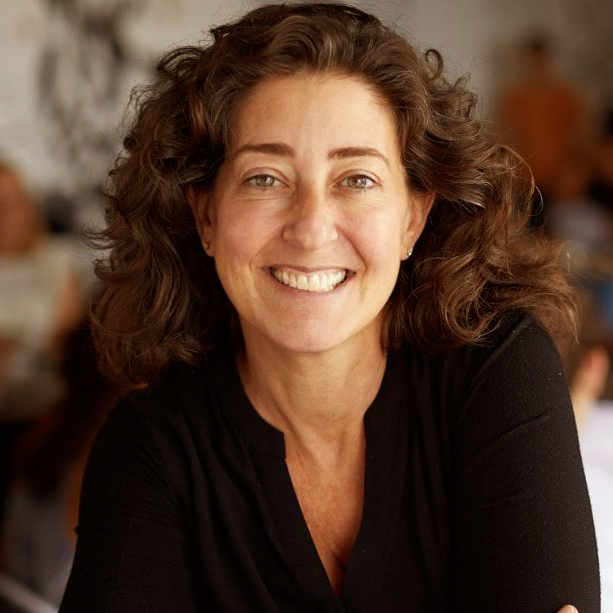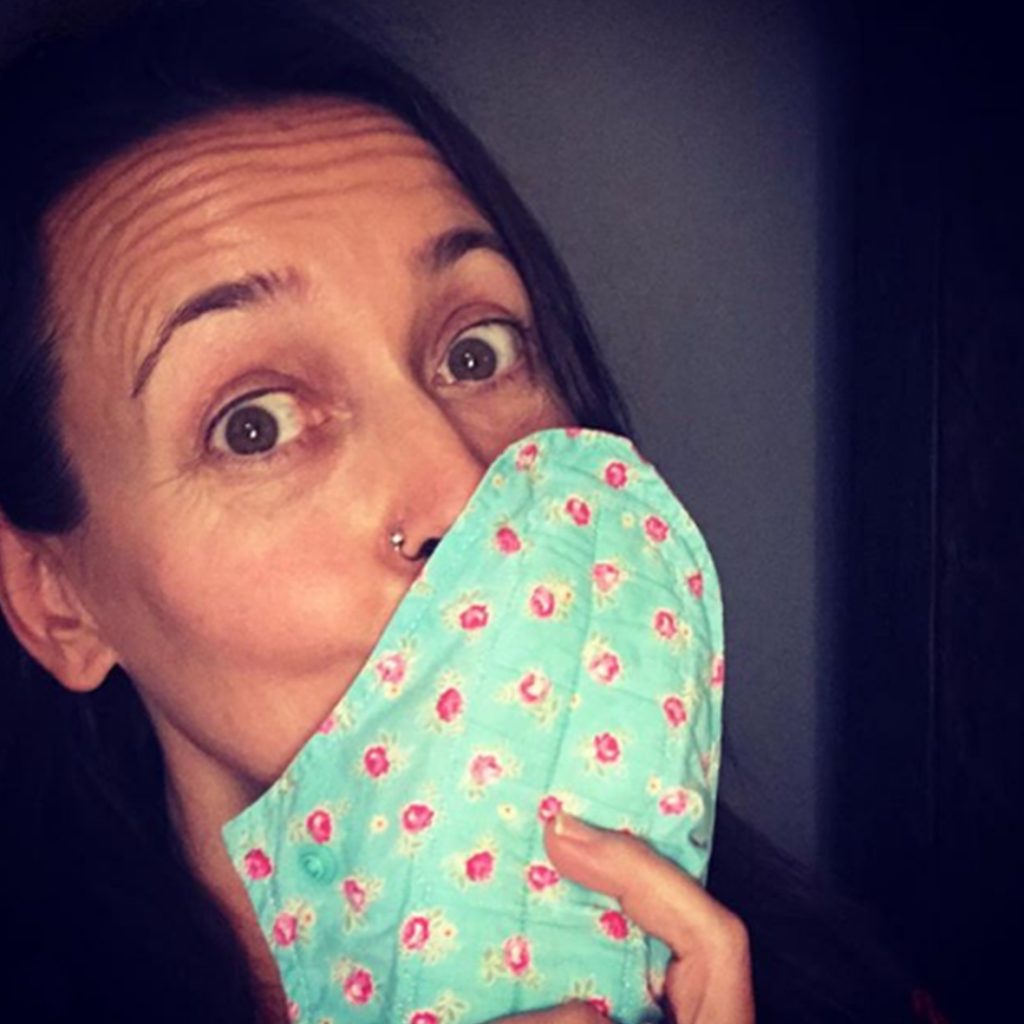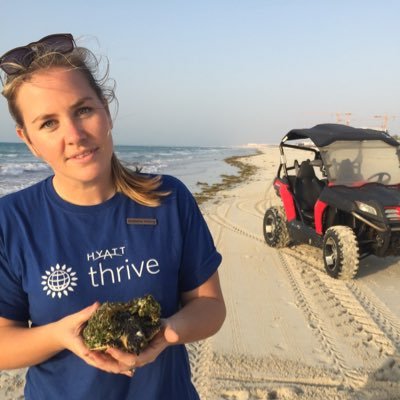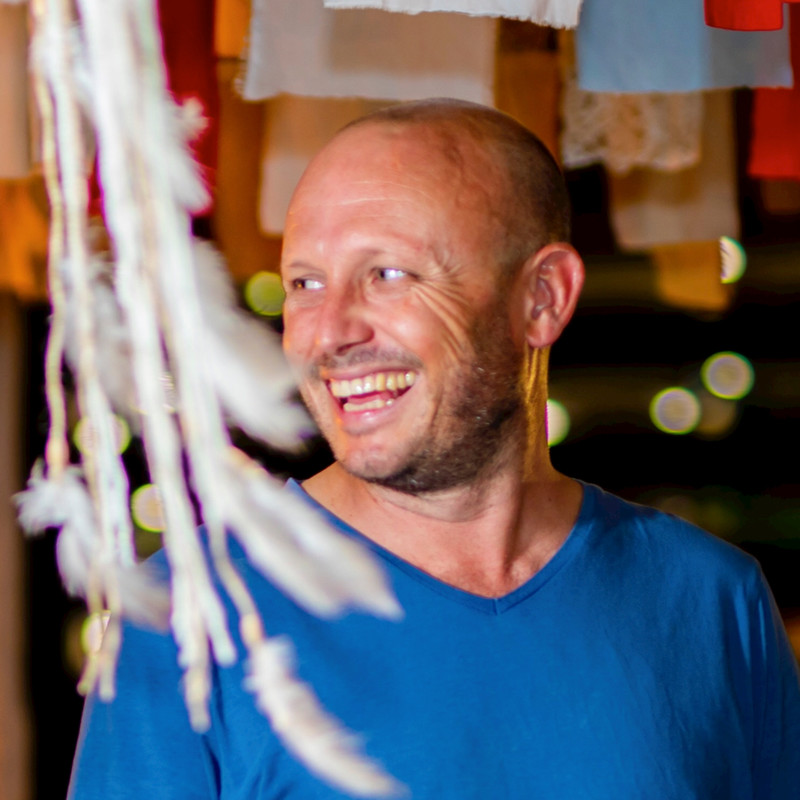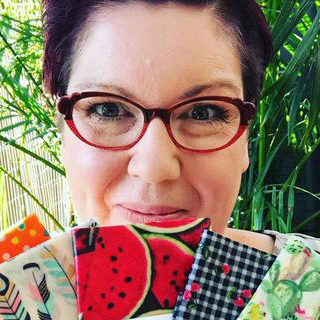068: How to build a socially sustainable organisation and scale with Claude Silver
In this episode, we talk to Claude Silver. She is the Chief Heart Officer at Gary Vaynerchuck’s Vayner Media.
During this episode, we take a look at social sustainability in the workplace and the effects it has on productivity as well as the moral of the team. We also talked about why people need people that listen, and then DO something.
067: How you can go plastic free on your period with Vanessa Woodthorpe Wright
In this episode, we talk to Vanessa Woodthorpe Wright. She is the founder of woman’s space,
During this episode, we take a look at how the topic of our period and the womb is becoming more open to talk about. We look at the amount of waste our periods are creating and how making an easy switch can save us a lot of money as well as the environment from resources and pollution.
066: How you can help save our turtles with Arabella Willing
In this episode, we talk to Arabella Willing. She is a British marine biologist, known for her work with Hawksbill turtles and environmental outreach programmes. She has worked all over the world educating isolated communities about biology, sustainability and marine conservation. She was the Hyatt hotels first “Resident Marine Biologist”. In January 2019 she joined Emirates Nature-WWF as a Conservation Education Consultant, helping them to launch “Connect with Nature” a programme that gives UAE youth access to learning and leadership opportunities, one-of-a-kind experiences and thrilling adventures.
During this episode, we take a look at how plastic pollution is affecting our marine life. What we can do if we ever find a turtle in distress on the beach and who to contact. We also look at how climate change is affecting the hatching of turtles as the heat of the sand determines the gender of the turtles.
065: Why Should We Not Waste Our Food with Ryan Ingram
In this episode, we talk to Ryan Ingram. He is passionate about trees, the Zero-Waste Movement and raising awareness about how we can all live more environmentally responsible lives. He also started a food waste consultancy company, Terraloop providing practical, closed-loop solutions to the foodservice sector.
During this episode, we take a look at why it is important to reduce our food waste. We look at different options to compost and we also look at our plates and how by switching or reducing certain foods we can reduce our carbon and water footprint.
064: How One Wrap Can Reduce Your Plastic Waste with Cheryl Sanders
In this episode, we talk to Cheryl Sanders. She is the founder of Wrappa, an Australian based company that provides the world with fun, funky alternatives to plastic wrap.
During this episode, we take a look at what a reusable food wraps are. What the difference is between the beeswax and vegan wraps are as well as what you can and can not wrap up.

